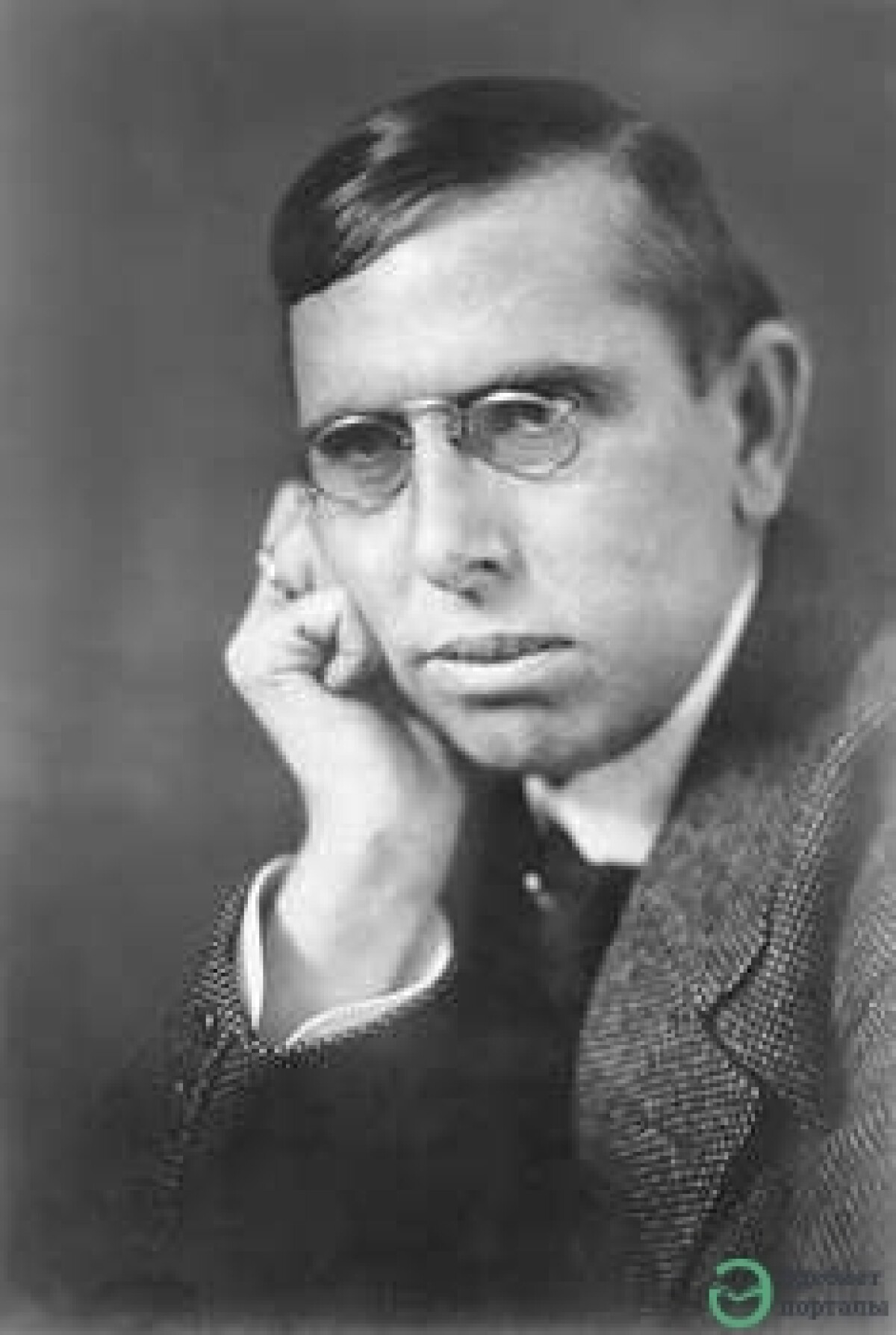Theodore Dreiser
Theodore Dreiser, (born Aug. 27, 1871, Terre Haute, Ind., U.S.—died Dec. 28, 1945, Hollywood, Calif.), novelist who was the outstanding American practitioner of naturalism. He was the leading figure in a national literary movement that replaced the observance of Victorian notions of propriety with the unflinching presentation of real-life subject matter. Among other themes, his novels explore the new social problems that had arisen in a rapidly industrializing America.
Dreiser was the ninth of 10 surviving children in a family whose perennial poverty forced frequent moves between small Indiana towns and Chicago in search of a lower cost of living. His father, a German immigrant, was a mostly unemployed millworker who subscribed to a stern and narrow Roman Catholicism. His mother’s gentle and compassionate outlook sprang from her Czech Mennonite background. In later life Dreiser would bitterly associate religion with his father’s ineffectuality and the family’s resulting material deprivation, but he always spoke and wrote of his mother with unswerving affection. Dreiser’s own harsh experience of poverty as a youth and his early yearnings for wealth and success would become dominant themes in his novels, and the misadventures of his brothers and sisters in early adult life gave him additional material on which to base his characters.
Dreiser’s spotty education in parochial and public schools was capped by a year (1889–90) at Indiana University. He began a career as a newspaper reporter in Chicago in 1892 and worked his way to the East Coast. While writing for a Pittsburgh newspaper in 1894, he read works by the scientists T.H. Huxley and John Tyndall and adopted the speculations of the philosopher Herbert Spencer. Through these readings and his own experience, Dreiser came to believe that human beings are helpless in the grip of instincts and social forces beyond their control, and he judged human society as an unequal contest between the strong and the weak. In 1894 Dreiser arrived in New York City, where he worked for several newspapers and contributed to magazines. He married Sara White in 1898, but his roving affections (and resulting infidelities) doomed their relationship. The couple separated permanently in 1912.
Dreiser began writing his first novel “Sister Carrie”, in 1899 at the suggestion of a newspaper colleague. Doubleday, Page and Company published it the following year, thanks in large measure to the enthusiasm of that firm’s reader, the novelist Frank Norris. But Doubleday’s qualms about the book, the story line of which involves a young kept woman whose “immorality” goes unpunished, led the publisher to limit the book’s advertising, and consequently it sold fewer than 500 copies. This disappointment and an accumulation of family and marital troubles sent Dreiser into a suicidal depression from which he was rescued in 1901 by his brother, Paul Dresser, a well-known songwriter, who arranged for Theodore’s treatment in a sanitarium. Dreiser recovered his spirits, and in the next nine years he achieved notable financial success as an editor in chief of several women’s magazines. He was forced to resign in 1910, however, because of an office imbroglio involving his romantic fascination with an assistant’s daughter.
https://www.britannica.com/biography/Theodore-Dreiser
Share:









